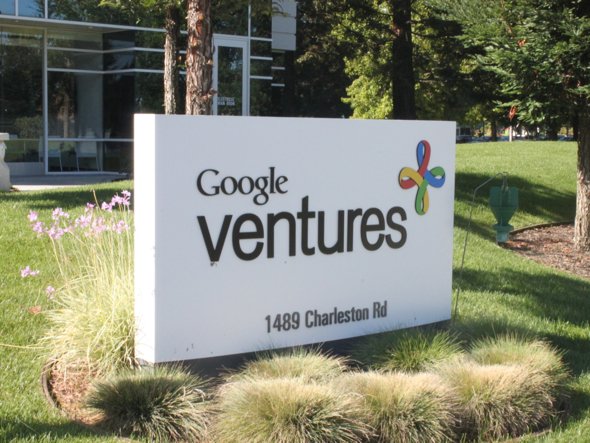
Google Ventures, the venture capital arm of search giant Google, will shortly open a London office. Its founding partners will be investors Peter Read and Tom Hulme, policy wonk Rohan Silva, product and marketing executive Eze Vidra and one other as-yet unidentified woman, Breitbart London has learned. Sources say Silva has been telling “anyone who would listen” about the imminent launch.
Multiple sources have confirmed that Read, an angel investor in dozens of companies and one of the heavyweights of the British startup investment ecosystem, was Google’s number one choice for the firm. A source at Google says he has, after a period of uncertainty, decided to take the job, though he may not have physically signed his contract yet.
Read will be joined by Tech City stalwart and angel investor Tom Hulme, former head of Google Campus Eze Vidra, and former government policy advisor Rohan Silva—answering some of the questions we posed yesterday about Silva’s failure to set the tech world alight after leaving his public sector job. All three are confirmed as members of the founding team.
It has been suggested that Read and Hulme will serve as venture partners, with Silva and Vidra the only full-time partners at launch. A fifth person, a woman, is also said to have signed on the dotted line, suggesting a launch date in the next couple of months.
Curly-haired Tom Hulme is a universally well-liked figure on the London tech scene and a prolific angel investor. He has not personally founded an internet business, but he has a stake in a successful digital project funded by his current employer, design agency IDEO.
Hulme has impeccable technology lineage: his father, Philip Hulme, at one time one of the wealthiest men in the country, is the co-founder of Computacenter, one of the U.K.’s largest I.T. businesses. Hulme Jr. has made eighteen investments in some of the most promising London startups.
With the appointment of Silva and Vidra however, Google Ventures is taking more of a risk by continuing its experimental West Coast policy of hiring investors with little to no hands-on knowledge of what it takes to establish, grow or sell a successful business.
Google has acquired a reputation in the U.S. for hiring unproven company founders and other individuals with impressive address books but few real founder credentials. One prominent Sand Hill Road venture capitalist last year privately described it as a “notorious dumping ground” for “burnt-out talent and tech bloggers.”
Silva, as we reported yesterday, has not showered himself with glory after leaving Number 10. He promised to launch an educational startup that failed to materialize. Since then, he has been managing a co-working space and speaking at conferences, attracting criticism for his disheveled appearance and occasionally vacant demeanor.
He is said to have arrived looking sweaty and unshaven at the recent “Tech vs. Brains” event at the Houses of Parliament and bolted out the door the moment his panel ended, declining to answer any press enquiries before or after his appearance. Silva, according to sources familiar with the matter, was acting in an “excitable” and “breathtakingly indiscreet” manner about this new venture and his potential fellow partners, even before deals were inked.
Google Ventures, like its parent company, is not short of cash. In August 2013, it sank $258 million into Uber, the taxi app London cab drivers have taken to the streets to protest against. But its smaller investments are yet to pay dividends.
The new London office will not have that kind of money to play with. It is not known precisely how large the fund will be, nor whether it will be a closely overseen and expected to produce a solid return, or merely further expensive U.K. marketing by Google, which has a close relationship with the Conservative administration of which Silva was a prominent member. Last night, guesses from four London VCs ranged from £100 million to £250 million.
Google has form when it comes to spending large amounts of money on eye-catching initiatives in London. Google Campus, a co-working space in east London, has been called “a marketing stunt” and “an expensive tax mitigation strategy” by Tech City-watchers, who have noted the company’s willingness to acquiesce to requests for local investment from Number 10, and the current government’s apparently reciprocal reluctance to clamp down on Google’s aggressive tax planning arrangements in Europe.
It was in the chief marketing role at Campus that Eze Vidra, formerly a product lead at Aol and Ask.com, made his name in European entrepreneurial circles. Vidra represents a nose on the ground for the new fund, since in his previous role he will have been cognisant of the vast majority of London startups worthy of investor attention.
Tom Hulme, Rohan Silva, Eze Vidra and Google UK did not reply to requests for comment. Peter Read and Bill Maris, managing partner of Google Ventures in the U.S., could not be reached as we went to press.

COMMENTS
Please let us know if you're having issues with commenting.